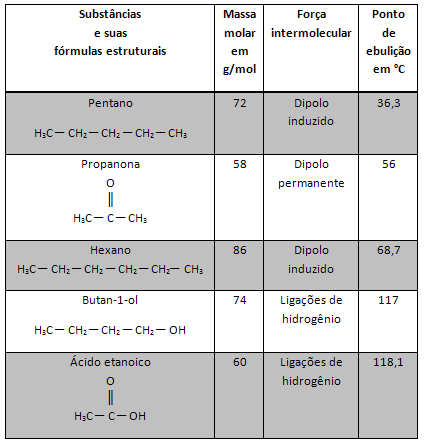The act of dissolving hides several mysteries. Why don't all substances mix completely with others?
Solubility can be defined as the ability of one substance to dissolve into another.
The general rule of solubility states that, “Like dissolves like”. This rule concerns the polarity of solvent and solute and explains the fact that oil does not dissolve in water, but is soluble in gasoline.
Water, known as the universal solvent, is a substance formed by polar covalent bonds in the molecule. Therefore, water only dissolves polar solutes, such as salts, sugar, alcohol, etc. Oil, in turn, is composed of non-polar bonds and therefore is not miscible with water, but mixes with gasoline as this is also a non-polar compound.
Now let's talk about the amount of solute. Have you ever had the curiosity to ask yourself why when we mix chocolate with iced milk there is always a residue at the bottom of the glass? It's product residue that hasn't dissolved, but why is that?
There is a limit to the amount of solute that can be dissolved in a certain amount of solvent. But there is also a factor that can give the dissolution a “little push”: the temperature of the solvent. Take that glass of milk and put it in the microwave for 1 minute and mix it again, what happens? All the chocolate milk will have dissolved. It is possible to increase the solubility of solids in liquids with an increase in temperature.
Do not stop now... There's more after the advertising ;)
By Líria Alves
Graduated in Chemistry
Brazil School Team
See more!
Solution - qualitative aspects
Polar and non-polar organic molecules
Solutions - Physicochemical
Chemistry - Brazil School
Would you like to reference this text in a school or academic work? Look:
SOUZA, Líria Alves de. "How substances dissolve"; Brazil School. Available in: https://brasilescola.uol.com.br/quimica/como-as-substancias-se-dissolvem.htm. Accessed on June 28, 2021.



